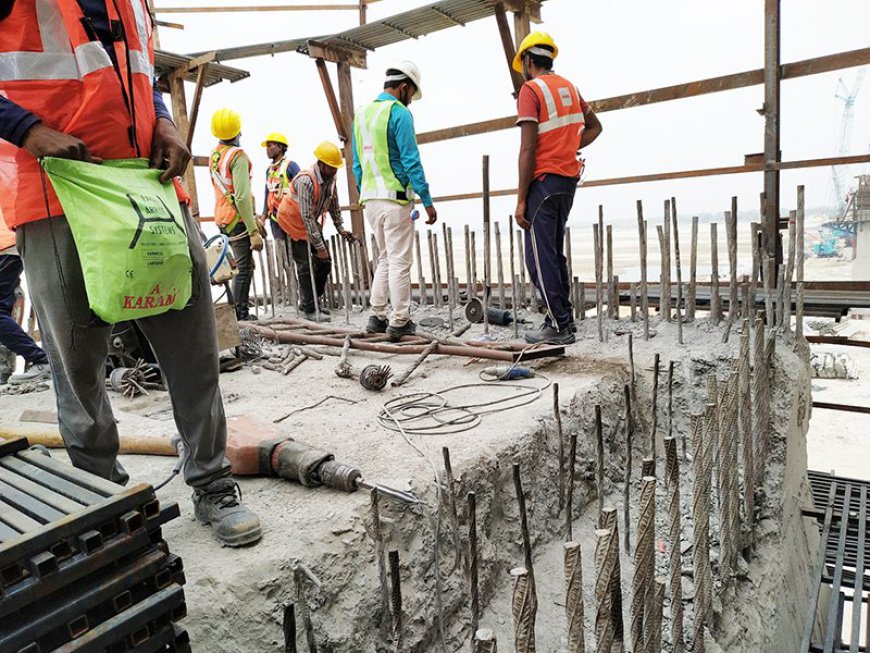. Building Inspector: Ensuring Safe and Compliant Spaces
Understanding the Role of a Building Inspector
When constructing or renovating a property, ensuring that the building adheres to safety codes and standards is crucial. This is where a building inspector comes into play. A building inspector is a trained professional responsible for assessing the safety, structural integrity, and compliance of buildings with local codes. Their expertise ensures that buildings are safe, habitable, and meet all regulatory requirements.
Why Building Inspections Are Essential
Building inspections play a pivotal role in identifying potential hazards, construction flaws, and any deviations from the approved design. For example, an inspector might check whether a building’s electrical wiring is safely installed, if fire safety equipment is accessible and up-to-date, or if plumbing systems are functioning correctly. These inspections are crucial during new constructions, renovations, and even periodic maintenance to prevent risks like electrical fires, water damage, or structural collapse.
Qualifications and Skills Required for Building Inspectors
To become a building inspector, individuals usually need a combination of formal education, such as a degree or certification in construction or engineering, along with hands-on training. Knowledge of building codes, attention to detail, and analytical skills are vital for this role. Inspectors often specialize in specific areas, such as plumbing, electrical systems, or structural analysis, allowing them to provide in-depth inspections for particular elements of a building.
Types of Building Inspections
Building inspections vary depending on the property type and construction phase. Common types include:
-
Pre-purchase Inspections to ensure a building’s condition before buying.
-
Structural Inspections focusing on foundational integrity.
-
Safety Inspections assessing hazards like fire risks.
-
Compliance Inspections ensuring building codes and regulations are met.
The Building Inspector’s Role in Sustainability and Energy Efficiency
Modern building inspectors increasingly assess green standards and energy efficiency. Ensuring that new constructions adhere to sustainable practices, such as proper insulation and efficient heating systems, helps reduce energy costs and environmental impact. Building inspectors can also recommend energy-saving improvements for existing buildings.
In Conclusion
Building inspectors are essential for maintaining safe, compliant, and efficient buildings. Whether for new constructions or routine checks, their role in the building process supports not only structural integrity but also community safety and sustainability. For homeowners, builders, and city planners alike, the expertise of a building inspector is invaluable.

